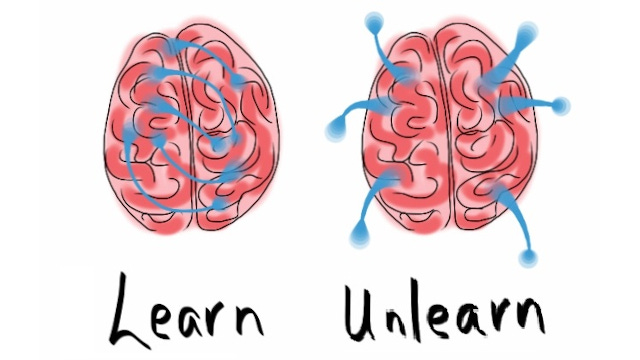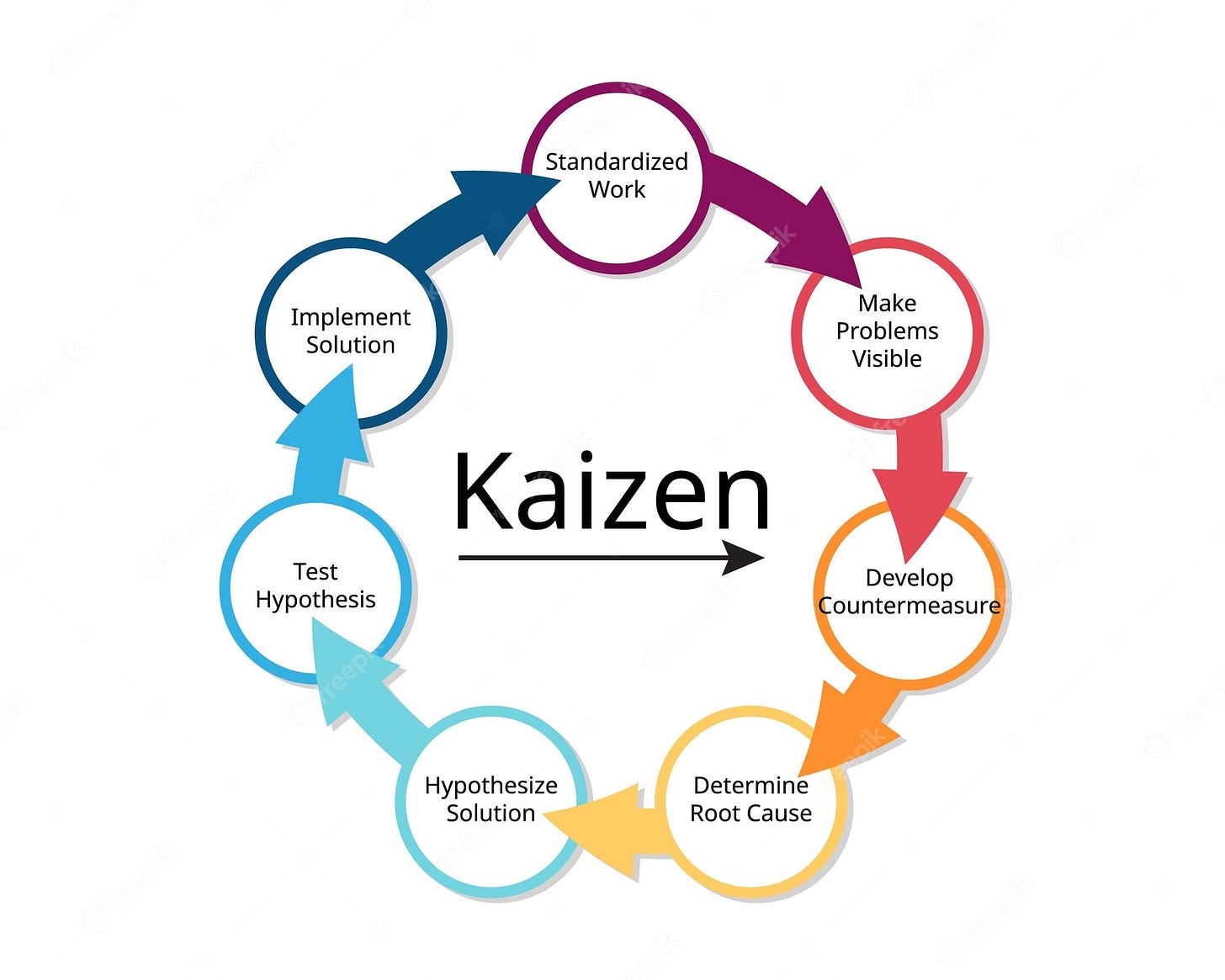A cross-section of readers liked FC 143, which was like a travelogue about the City Of Tunnels Guanajuato.
My friend of many years Shashi Maudgal said: “Thanks for bringing GTO city alive, Pras. Tunnel travel might actually be a vision for the future.I recently saw a set of “before and after” pictures of a spot in a city in the US (I forget which one) where the road had been “under-grounded” and replaced with a children’s park. Imagine this happening throughout all our cities – gardens and walkways only! With increasing wealth, this Urban Utopia should happen.”
Shashi, I searched and came across this link 🔗U.S. Cities with Incredible Underground Tunnel Systems | GW. Many such cities are featured here. Not sure which one you had in mind!
Prasad Neginhal says: “Dear Pras, thanks for sharing and bringing GTO, a city of tunnels, to our attention. There is very little that we know, and thank you for opening my eyes to newer things.”
Tarun Kunzru says: “Thanks Pras! Great to know. I can't but marvel how cities and countries preserve their past and heritage. A lesson to learn from GTO. We couldn't even keep our GPO. How fascinating, converting mining shafts and tunnels into the arteries of a living, well-preserved city. Definitely on my bucket list.”
Lakshmi Raman says: “Thank you for sharing your experience of an unknown bit of Mexico. I enjoyed reading about the history of the tunnels and how the city fathers made best use of them to develop the city. I wish that our city fathers in India had the same kind of vision.”
📚 Unlearning
The process of unlearning involves eliminating obsolete knowledge to be able to recognise change, assimilate new skills, and knowledge. There are innumerable schools of offering unimaginable learning opportunities, but there is no school as such for a formal unlearning course.
But there are many inspirational works that underscore the importance of unlearning as is evident from this quote of the well known and well-read Alvin Toffler:
“The illiterate of the future are not those who can’t read or write but those who cannot learn, unlearn, and relearn.”
A powerful statement that puts an illiterate person far above a literate who cannot unlearn and relearn. In a sense Toffler sees the potential for learning, unlearning and relearning in an illiterate person than a person who is educated and has gained knowledge in one or more subjects.
Toffler (B 4.10.1928 - D 27.06.2016), an American writer, is well known for his famous book “Future Shock” published in 1970. What he wrote is very relevant today given the pace of technology and its immense potential to alter the way we think and the way we live.
How many of us do mental maths or do a calculation on the back of an envelope? We have unconsciously unlearned that method even after we have migrated to the calculator era. We now have machines that help you make complex calculations, and we have learnt to live with them. The same can be said of handwriting a letter versus typing a letter versus using a word processor. Do these activities constitute unlearning or learning new ways of doing things? Viewed any which way, there is some unlearning happening here.
Unlearning is tantamount to discarding old methods and taking recourse to newer methods that are more efficient. So, is unlearning a process of forgetting the old and forging ahead with the new? Not necessarily. The inefficiencies of the older methods linger and help appreciate the qualitative difference that a new method makes. Over a period of time and through generational shift, the older methods fade away to the realm of unlearning.
Toffler was a futurist (a person who can make predictions of the future based on data and patterns seen in the present) and his works display his far-sightedness when he discusses modern technologies and the digital and communication revolution.
He wrote “Third Wave”, a book which reflects his thinking of technological advances ranging from computers to internet and cellular telephony. He wrote yet another book ‘Information Overload’.
Each of his books underscore the importance of keeping pace with times and technology, which necessitates discarding the old order and embracing the new order. According to him if one cannot unlearn and relearn, one can become obsolete.
Lao Tze, a Chinese philosopher emphasises the importance of unlearning in his famous quote:
“To attain knowledge, add things every day. To attain wisdom, remove things every day.”
A profound and yet a difficult feat to accomplish.
Unlearning happens without you being aware when you substitute older with newer methods. One develops a growth mindset which then fuels the desire to explore and even wade into uncharted realms of knowledge. Learning to learn is a habit that everyone must inculcate.
When I was in the US, I was asked “why don’t you drive here? It is not that difficult”. My response was based on my inability to erase from my mind the Indian driving habits and learn to keep right and maintain a certain speed on American roads. It was a clear indication of my inability to unlearn and learn to drive on the roads in America.
I came across a study by Harvard titled Why the Problem With Learning is Unlearning. It goes on to say that unlearning is not about forgetting. It’s about the ability to choose an alternative mental model or paradigm. When we learn, we add new skills or knowledge to what we already know. When we unlearn, we step outside the mental model in order to choose a different one. I recommend this for your leisure reading 🔗Why the Problem With Learning is Unlearning.
Mistakes made in life can present an opportunity to unlearn and relearn. If you analyse the reasons why a mistake happened, you may realise that it was due to an error of judgement or a glitch or a bug and so on. You then make sure the mistakes do not recur which involves unlearning and putting in place a newer method that helps you to relearn the right way to execute a task.
At times, we mutter to ourselves “I made a mistake. I should never have ….”. Not making the same mistake and finding ways to avert it is a process of unlearning and learning. If a lady were to say “It was a mistake marrying that man and I am relieved that it is behind me, I can now live life on my terms.” This statement has all the elements of unlearning and learning if you pause to consider the all the facets of the lady’s life.
Companies spend money on research & development. They promote a culture of innovation. The Japanese concepts of Kaizen (small improvements) and ‘just-in-time’ represent the cycle of unlearning-learning-relearning.
I had mentioned to my readers that I might not be able to post an FC edition on the 7th of May due to jet lag. I must admit it has been a daunting task to keep my eyes and my mind open to be able to think clearly and write something that makes sense. I told myself “I must learn to deal with this jet lag and not succumb to it as I did last year.” This germinated the idea of writing about unlearning and learning.
I don’t think I can stay focused any more and shall end my post here. I do hope you guys find this an interesting read.
Now to end in a lighter note:
Teacher was teaching math to 5 yr old John.
Teacher: What is 5-5?
John: *Keeps Quiet*
Teacher: If you have 5 burgers and I take 5 burgers from you, what will you be left with?
John: French Fries.
You can learn a lot from kids 😀
See you next week. Take care!






Thank you Naina for your kind words. Much cherished.
When my sons were still young, I asked them to shut up and listen. When they grew a little older, it was ‘lets talk ’. Today, I shut up and listen. I learn and hence they find me still relevant. Lessons in the art of survival. Lot of wisdom in FC 144. PS. jet lag shuts the eye but not the mind :)